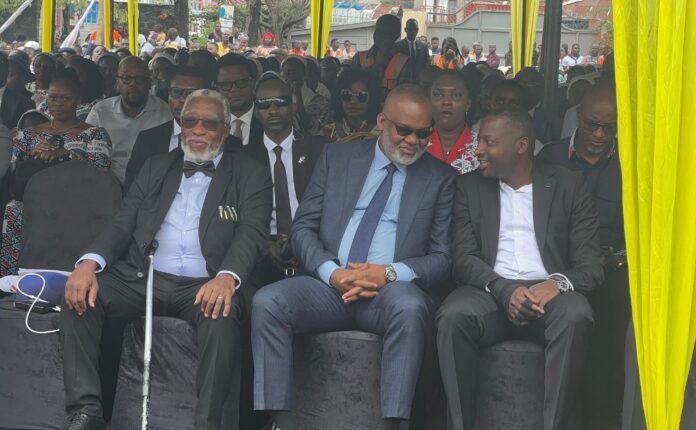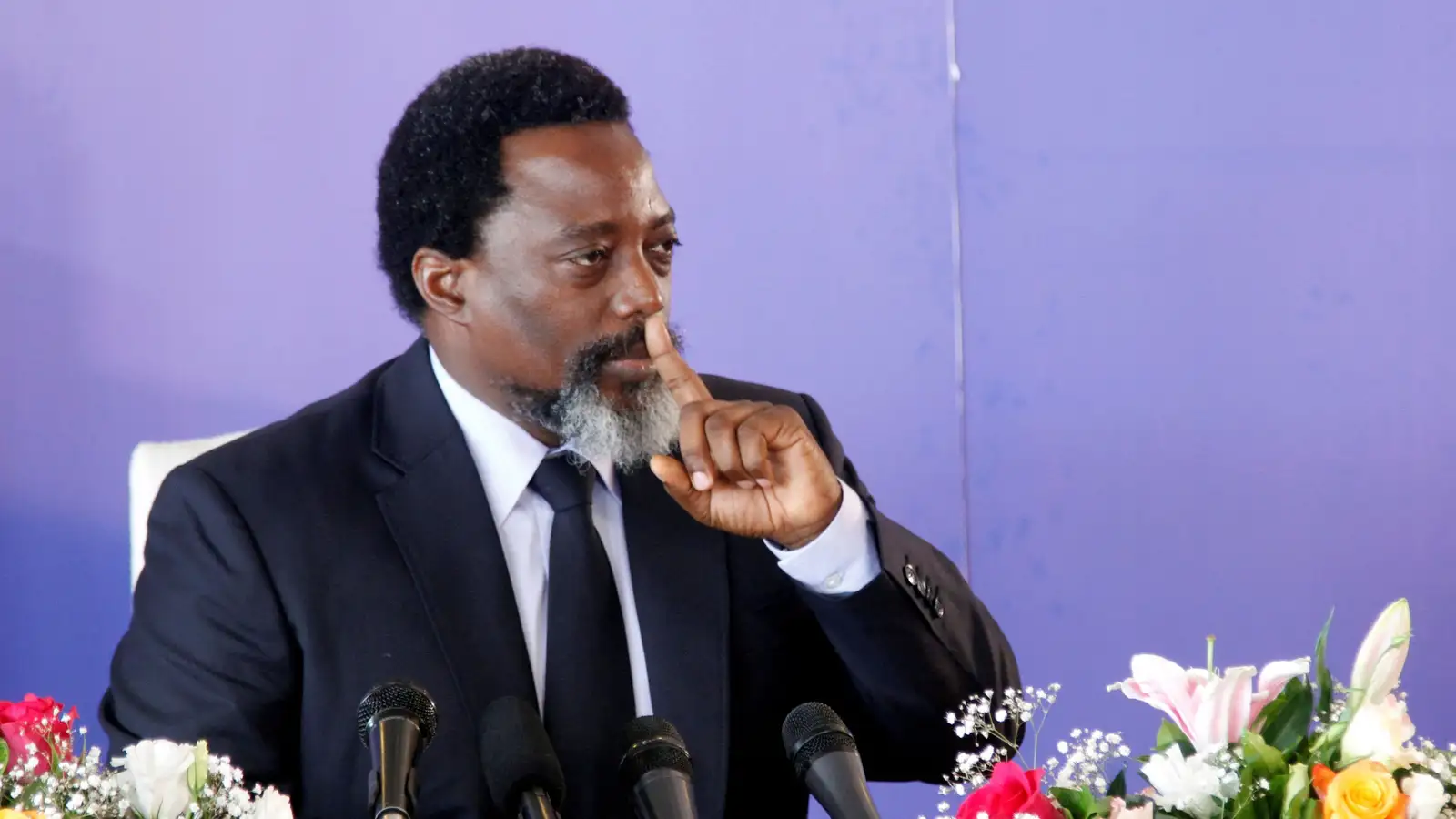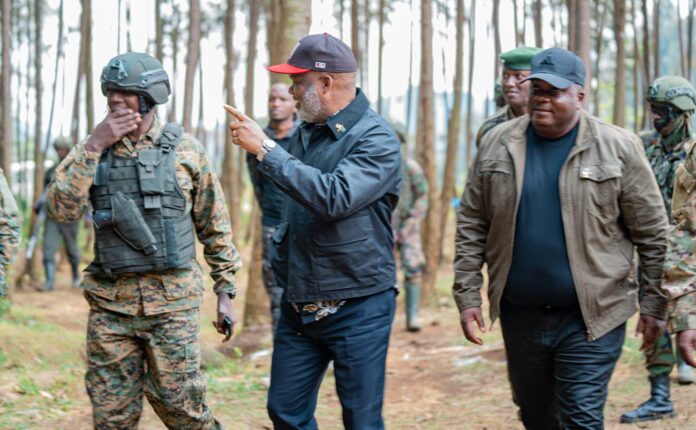Former Belgian Senator Alain Destexhe Shares His Testimony After Visiting the M23/AFC-Controlled Zone in Eastern DRC: A Controversial but Eye-Opening Perspective
Note: Company, Blog, Church websites are free.
Back from an extended stay in Eastern Democratic Republic of the Congo (DRC), in a region now under the control of the Alliance Fleuve Congo – M23 (AFC/M23), former Belgian senator Alain Destexhe’s delivered a striking account during his appearance on “Radio Courtoisie”. Having spent several weeks on the ground, Destexhe claims to have witnessed firsthand the complex realities of a region torn apart by decades of armed conflict, political instability, and recurring humanitarian crises.
While most Western analyses of the Congolese conflict are made from afar, Alain Destexhe took the unusual step of traveling directly to the area, despite the risks involved. During his stay, he visited several localities under the control of the AFC/M23 a politico-military movement that continues to generate intense debate both regionally and internationally.
On “Radio Courtoisie”, Destexhe shared what he described as “a reality very different from the dominant narrative.” According to him, civilians in certain areas under M23 control reported a relative sense of safety compared to the terror they had experienced under other uncontrolled militias or even regular government forces, who themselves have been accused of serious human rights violations.
“There is a form of order in some of the areas held by the AFC/M23, and that stands in stark contrast to the image often portrayed abroad,” he stated.
Destexhe A trained physician and former member of Médecins Sans Frontières, Alain Destexhe served as a liberal senator in Belgium. He is known for his bold and often controversial opinions on international affairs. This is not his first trip to a conflict zone he has previously reported from crisis regions in Africa, Asia, and the Middle East.
Destexhe describes his approach as one of “truth from the ground,” attempting to cut through what he calls “ideological bias” and “media misinformation.” His statements, while provocative to some, are part of his broader mission to present unfiltered realities from areas often misrepresented in mainstream discourse.
The March 23 Movement (M23), now part of the AFC alliance, is a movement group primarily composed of Congolese Tutsis. It takes its name from a peace accord signed on March 23, 2009, between the Congolese government and the former CNDP militia. Claiming the government failed to honor its commitments, M23 re-launched its armed struggle in 2012, capturing the strategic city of Goma before eventually withdrawing under international pressure.
Re-emerging in 2021, the M23 is once again active, with Kinshasa labeling it a terrorist group allegedly backed by Rwanda an accusation Kigali denies, though several UN expert reports have pointed to Rwandan involvement. This alleged support has worsened tensions between the two countries and further complicated a regional crisis involving Uganda, Burundi, and other international actors.
Destexhe’ S media appearance quickly sparked a wave of reactions. Some praised his courage for visiting the region and giving a voice to populations often ignored by major international news outlets. Others, however, accused him of relativism or even complacency toward a group accused of human rights violations, including summary executions and forced displacements.
His name quickly circulated on social media, especially among Congolese diaspora activists. While some saw his visit as an attempt to legitimize the M23, others viewed it as a necessary wake-up call to reassess international narratives and responses to the conflict.
Regardless of one’s opinion on his views, Alain Destexhe’s approach highlights a key point: the need for open, nuanced dialogue on the situation in Eastern Congo. In a conflict where truth is often the first casualty, efforts to understand the local dynamics even if controversial should not be dismissed outright.
The Congolese crisis cannot be reduced to a simplistic good-versus-evil narrative. It stems from a web of political frustration, ethnic tensions, geopolitical manipulation, and decades-long state neglect of entire regions.
Destexhe’s testimony, though imperfect, serves as a reminder of that complexity and invites us to reevaluate how international actors engage with one of the world’s most enduring yet under-reported conflicts.



